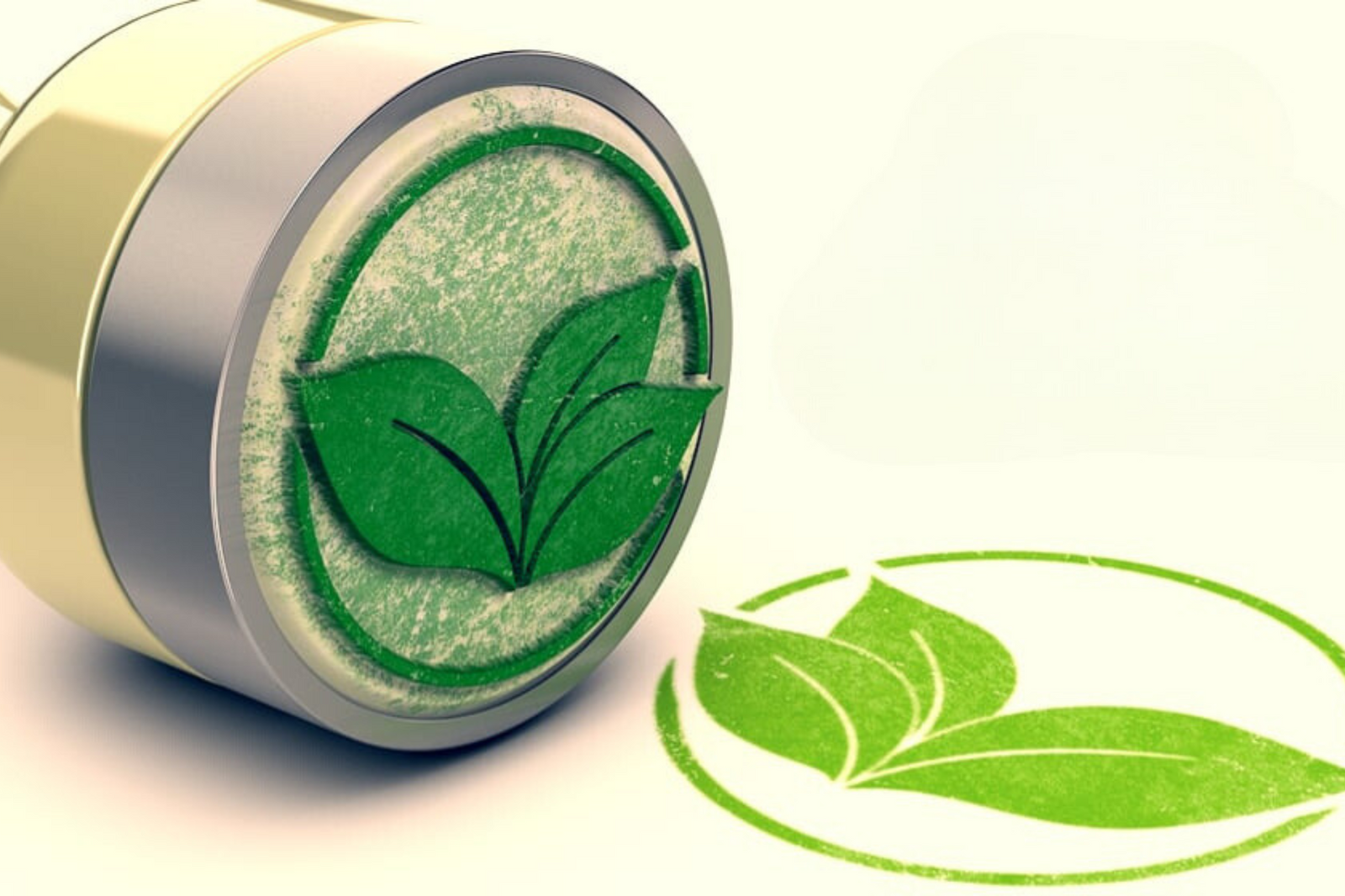The world is facing enormous environmental and climate change challenges. Therefore, the trend of sustainable development is receiving increasing attention, especially in the business sector. Green businesses are gradually emerging as shining examples, pioneering in protecting the environment and aiming for long-term development.
To affirm their commitment to sustainable development, many businesses have chosen to pursue prestigious environmental and social certifications. These certifications not only help enhance the brand image but also bring many practical benefits to businesses. In this article, EQUO will introduce the 8 most popular types of sustainable development certification for green businesses.
1. Certified B Corporation
Certified B Corporation certification is an international standard for businesses with a commitment to the environment and society. To achieve this certification, businesses must comply with high standards of social and environmental performance, while still ensuring benefits for shareholders. The assessment process to achieve this certification includes identifying and evaluating factors such as social impact, environmental management, human resource management, and governance.

Source: Internet
2. LEED (Leadership in Energy and Environmental Design)
LEED is an international certification system for construction and environmental projects. The goal of LEED is to create buildings with high energy and environmental performance. LEED standards include optimizing energy use, minimizing waste, using recycled materials, and creating a healthy work environment for users. To achieve LEED certification, projects must comply with strict standards and achieve scores according to certain criteria.

Source: Internet
3. ENERGY STAR
ENERGY STAR certification is an international standard applied to energy-efficient products and buildings. ENERGY STAR certified products or buildings have been shown to be more energy efficient than similar products or buildings. For products, ENERGY STAR standards include energy efficiency, water efficiency, and emissions standards. For buildings, these standards focus on optimizing energy systems, cooling systems, and using renewable energy sources.

Source: Internet
4. Forest Stewardship Council (FSC)
The Forest Stewardship Council (FSC) is an international non-profit organization dedicated to sustainable forest management and the certification of wood products from forests managed in ways that protect the environment and meet social and economic standards. FSC certification ensures that wood products are produced from sustainably managed forests, ensuring conservation and protection of the forest environment, while respecting the rights of workers and local communities. To achieve FSC certification, organizations must comply with a series of special standards and processes to ensure the sustainability of their operations.

Source: Internet
5. Global Organic Textile Standard (GOTS)
The International Organic Textile Standard (GOTS) is an international certification system for natural fiber and textile products, ensuring they comply with organic and social standards. GOTS sets strict standards for the production, handling, and transportation of textile products, including the use of organic raw materials, monitoring of social standards, and environmental protection.

Source: Internet
6. Rainforest Alliance Certified Seal
The Rainforest Alliance certification seal is a symbol of products that are produced according to sustainable standards and have a positive impact on the environment and communities. Licensed by the Rainforest Alliance, this seal ensures that products are produced from sustainably managed natural resources, including the protection of forests and wildlife, improve living conditions for farmers, and minimize negative impacts on the environment.

Source: Internet
7. Certificate in ESG Investing
Certification in ESG (Environmental, Social, and Governance) Investing is an in-depth certification in the principles and methods of socially and environmentally responsible investing. This certification focuses on evaluating a business's environmental, social, and governance factors and how they affect financial performance. Businesses will be equipped with the necessary knowledge and skills to invest according to ESG criteria and contribute to sustainable development.

Source: Internet
8. CarbonFree Certified
CarbonFree certification is issued by Carbonfund.org, a non-profit organization dedicated to reducing greenhouse gases and protecting the environment. This certification confirms that a product, service, or organization has accumulated an equivalent amount of carbon emissions and has taken measures to reduce or completely eliminate this amount of carbon. Achieving CarbonFree certification is a testament to the organization's commitment to minimizing negative impacts on climate change and protecting the environment.

Source: Internet
Join EQUO - A green business producing green products for the environment
EQUO is proud to be a leading green enterprise in the field of providing green products for the environment, providing customers with a perfect alternative to disposable plastic products. With the mission of protecting the environment and promoting a green lifestyle, EQUO constantly creates and develops a variety of high-quality products, meeting the essential needs of consumers in daily life.
- Plant-based straw set that decomposes itself: Made from coffee, bagasse, coconut, grass, and rice, safe for health, and completely compostable in the natural environment.
- Food containers: Made from sugarcane bagasse, which is a sustainable natural resource that is renewable and decomposes quickly. The outstanding characteristics of bagasse fiber lie in its durability, flexibility in packaging, and breathable and waterproof qualities.
- Utensils: This is a great choice for eco-friendly and durable tableware sets.
- Paper cups and lids with water-based coating: Using a water-based coating, instead of plastic (PP, PE, or PLA), helps the production process emit less carbon dioxide (CO2) and minimizes negative impacts on the environment during decomposition compared to regular paper cups. These cups completely decompose in the natural environment within 18 weeks and come in various sizes, suitable for a wide range of uses.
Let's join hands with EQUO to use environmentally friendly products. For more information about EQUO product lines, please visit the following link:
>> https://shopequo.com/collections

EQUO believes that receiving sustainable development certifications is a demonstration of a business's commitment to the environment and society. This is also an important competitive advantage that helps businesses attract customers, investors, and potential partners. Pursuing these certifications requires continuous investment and effort on the part of businesses. However, the benefits it brings are enormous, contributing to the sustainable development of businesses and communities. Together with EQUO, contribute to building a sustainable future for yourself, the community, and future generations.
>> Read More:
- Carbon Credits: A Solution To Climate Change, The Key To Unlocking A Green Economy
- Compostable vs Recyclable: What Is The Difference?


